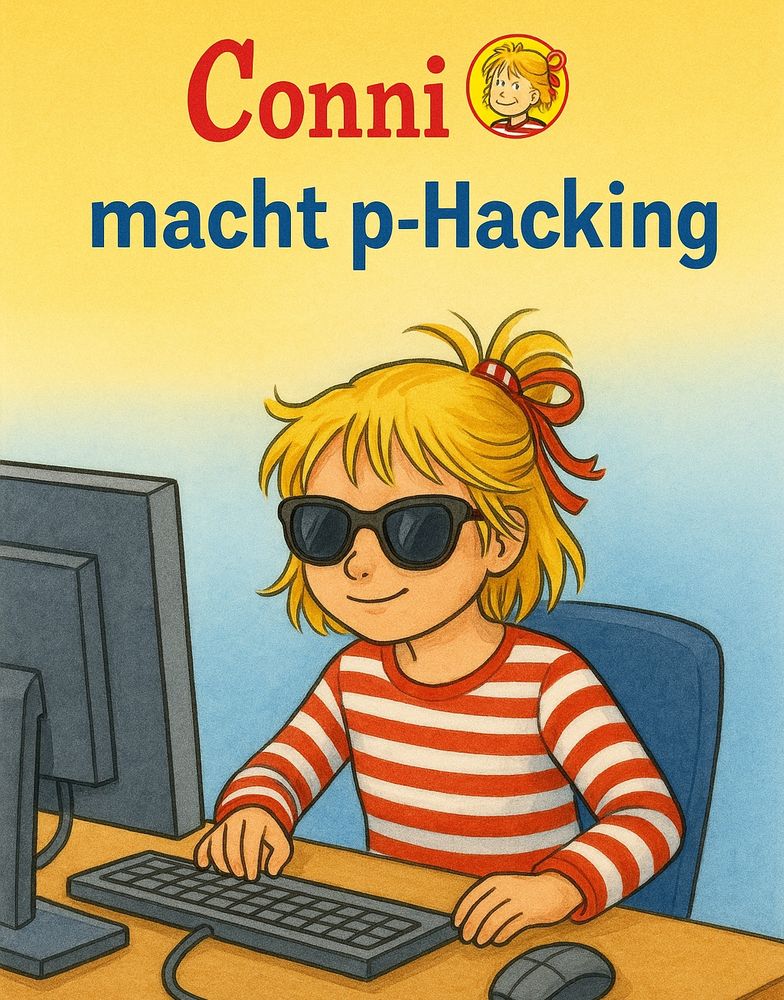
Education, Digital Transformation & Social Stratification
Eurovision fan & puppy parent 🐶
Do effects of digital disconnection interventions translate to well-being benefits in *daily life*?
Our new ESM study concludes: yes but no... kinda 👽🔋
@klingelhoefer.bsky.social @adrianmeier.bsky.social
Out now in Communication Research
doi.org/10.1177/0093...

Are Swiss adolescents' (gendered) self-perceptions towards ICT related to selection into VET occupations?
💡ICT interest ↔️ ICT-intensive careers
💡ICT self-concept ↔️ ICT-specialist occupations
💡Gender diff.s in ICT interest contribute to occupational segregation
doi.org/10.1186/s404...

Are Swiss adolescents' (gendered) self-perceptions towards ICT related to selection into VET occupations?
💡ICT interest ↔️ ICT-intensive careers
💡ICT self-concept ↔️ ICT-specialist occupations
💡Gender diff.s in ICT interest contribute to occupational segregation
doi.org/10.1186/s404...
onlinelibrary.wiley.com/doi/10.1111/...

onlinelibrary.wiley.com/doi/10.1111/...

They spend less time watching TV/movies, but no less time sleeping or engaging in enrichment activities like reading or going to museums or playing musical instruments or…
From @leoroe.bsky.social
www.sciencedirect.com/science/arti...
#psych
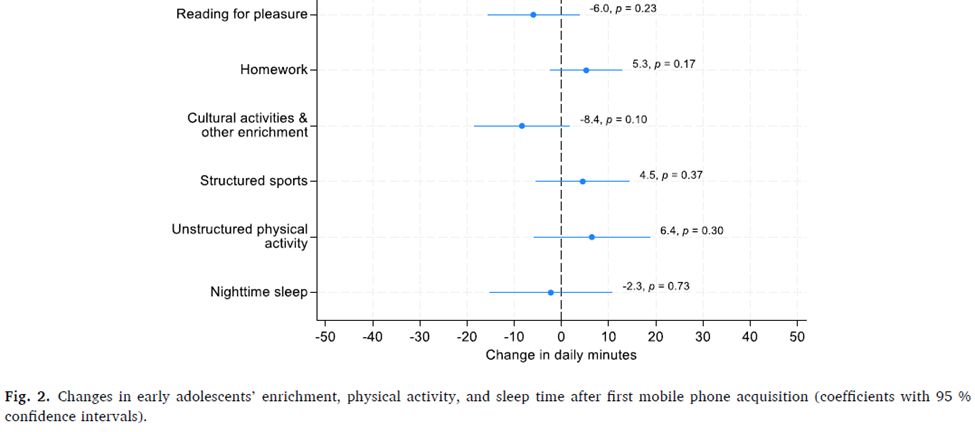

They spend less time watching TV/movies, but no less time sleeping or engaging in enrichment activities like reading or going to museums or playing musical instruments or…
From @leoroe.bsky.social
www.sciencedirect.com/science/arti...
#psych
Introducing: The door-in-the-face criterion (start with outrageous causal claim and hedge) and the foot-in-the-door criterion (start with trivial causal claim and escalate).
Introducing: The door-in-the-face criterion (start with outrageous causal claim and hedge) and the foot-in-the-door criterion (start with trivial causal claim and escalate).
We analyse nationally representative UK data from 3,340 adolescents (aged 11–19) to examine how social media use differs between those with and without mental health conditions. 🧵
www.nature.com/articles/s41...
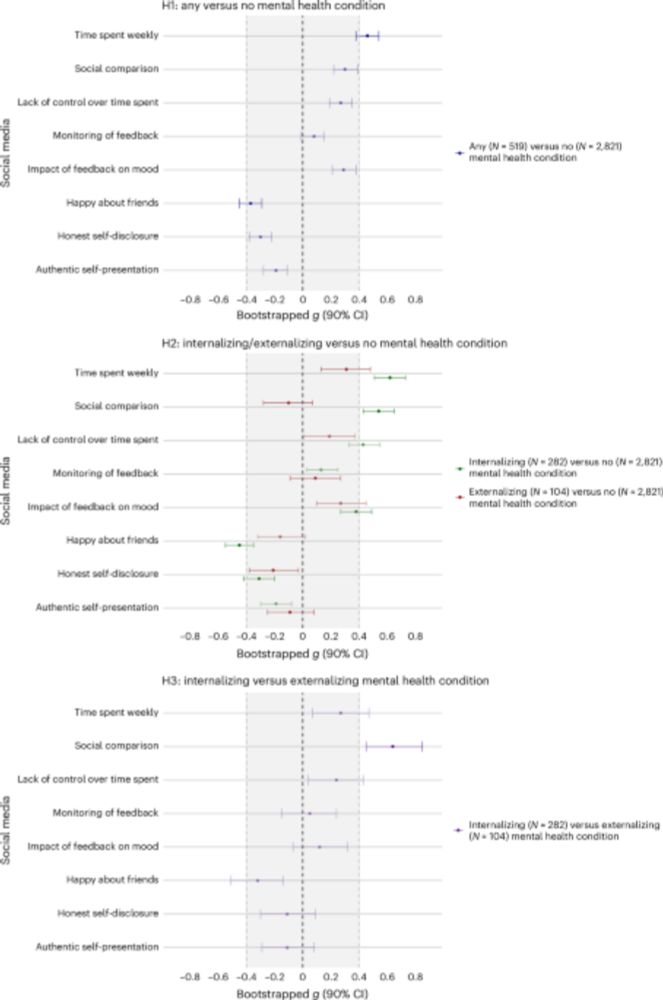
We analyse nationally representative UK data from 3,340 adolescents (aged 11–19) to examine how social media use differs between those with and without mental health conditions. 🧵
www.nature.com/articles/s41...
Maybe you've heard that AIs are "black boxes"
But a growing body of research keeps arriving at the same conclusion: Today's AIs all work in surprisingly similar -- and simplistic -- ways
1/2
www.wsj.com/tech/ai/how-...

Maybe you've heard that AIs are "black boxes"
But a growing body of research keeps arriving at the same conclusion: Today's AIs all work in surprisingly similar -- and simplistic -- ways
1/2
www.wsj.com/tech/ai/how-...

💡 4 types of Swiss children’s ICT use 🧒📱
💡 Higher-SES: Limited use vs. learning-oriented use as competing strategies
💡 Lower-SES: Parents more critical of ICT, but limited use is still less common
doi.org/10.1080/1748...
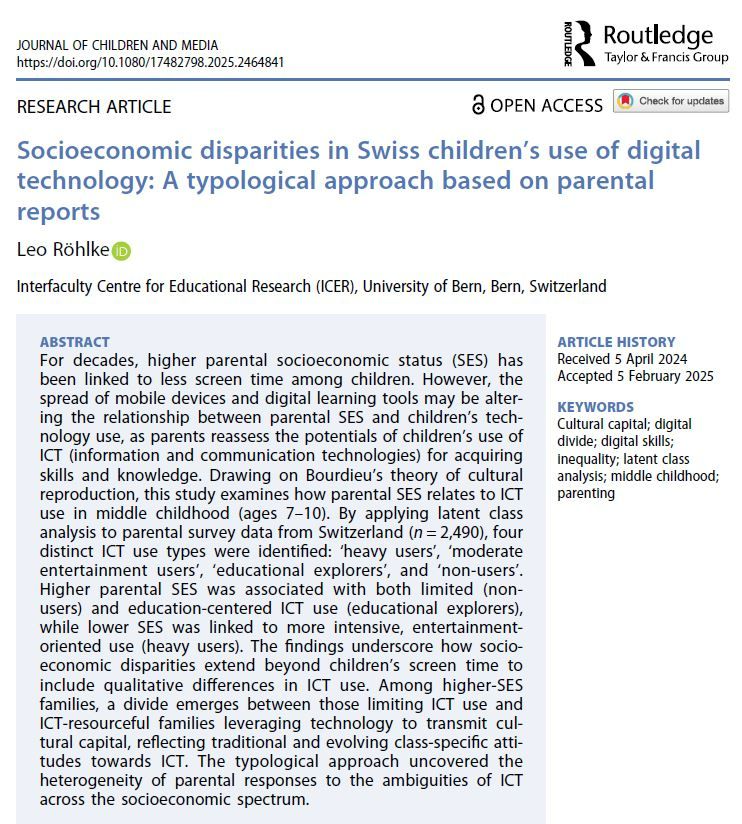
💡 4 types of Swiss children’s ICT use 🧒📱
💡 Higher-SES: Limited use vs. learning-oriented use as competing strategies
💡 Lower-SES: Parents more critical of ICT, but limited use is still less common
doi.org/10.1080/1748...
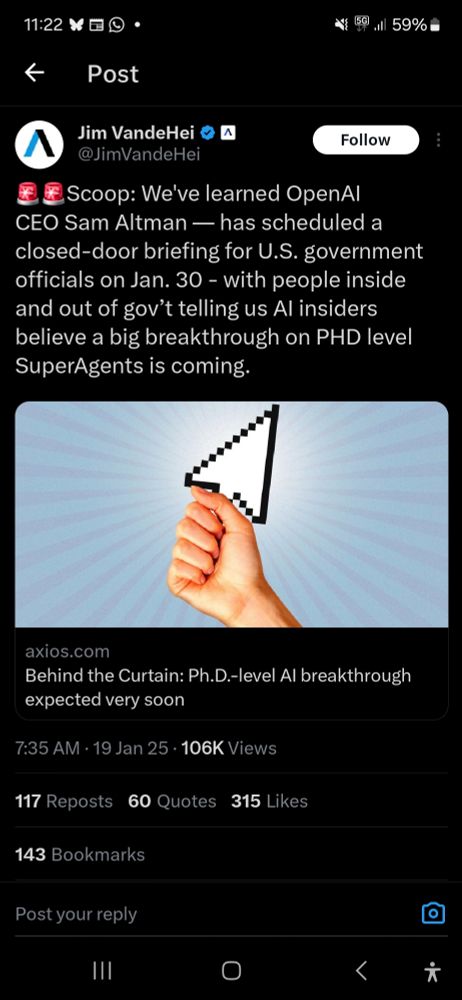
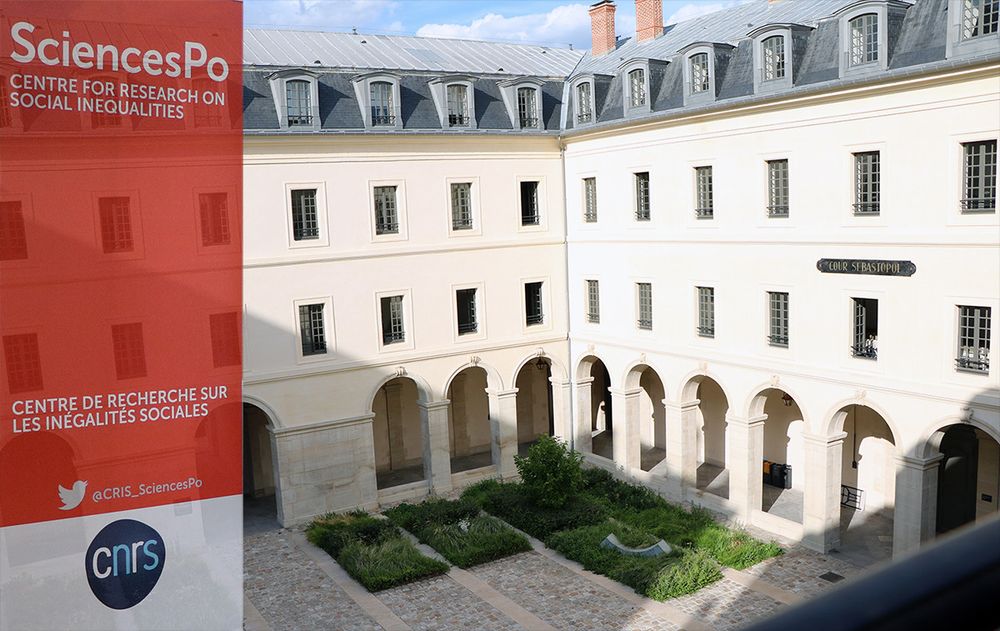
It depends. Across 32 countries:
14 show no meaningful gender gap
7 have a stable small to medium gap with women leaning more left
11 show widening modern gender gaps
osf.io/preprints/os...
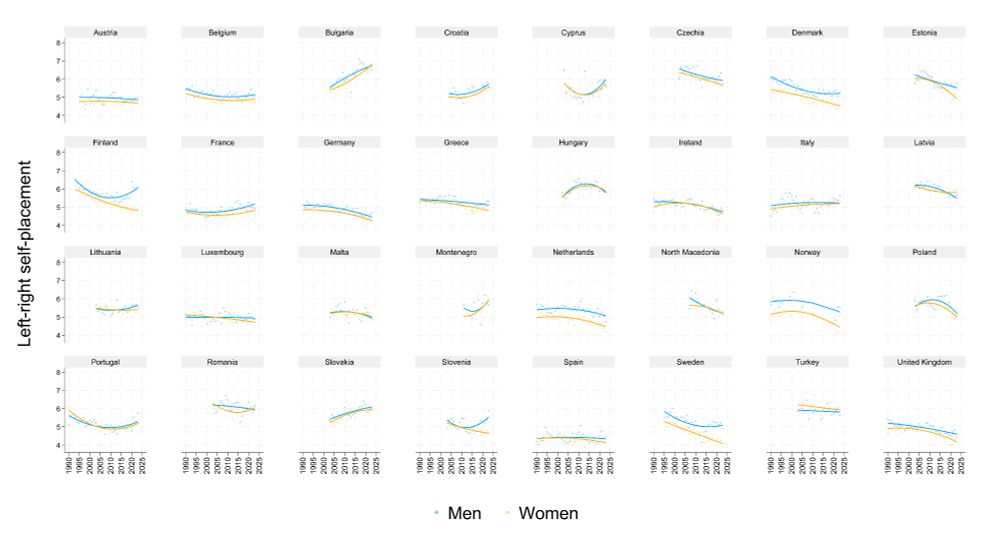
It depends. Across 32 countries:
14 show no meaningful gender gap
7 have a stable small to medium gap with women leaning more left
11 show widening modern gender gaps
osf.io/preprints/os...

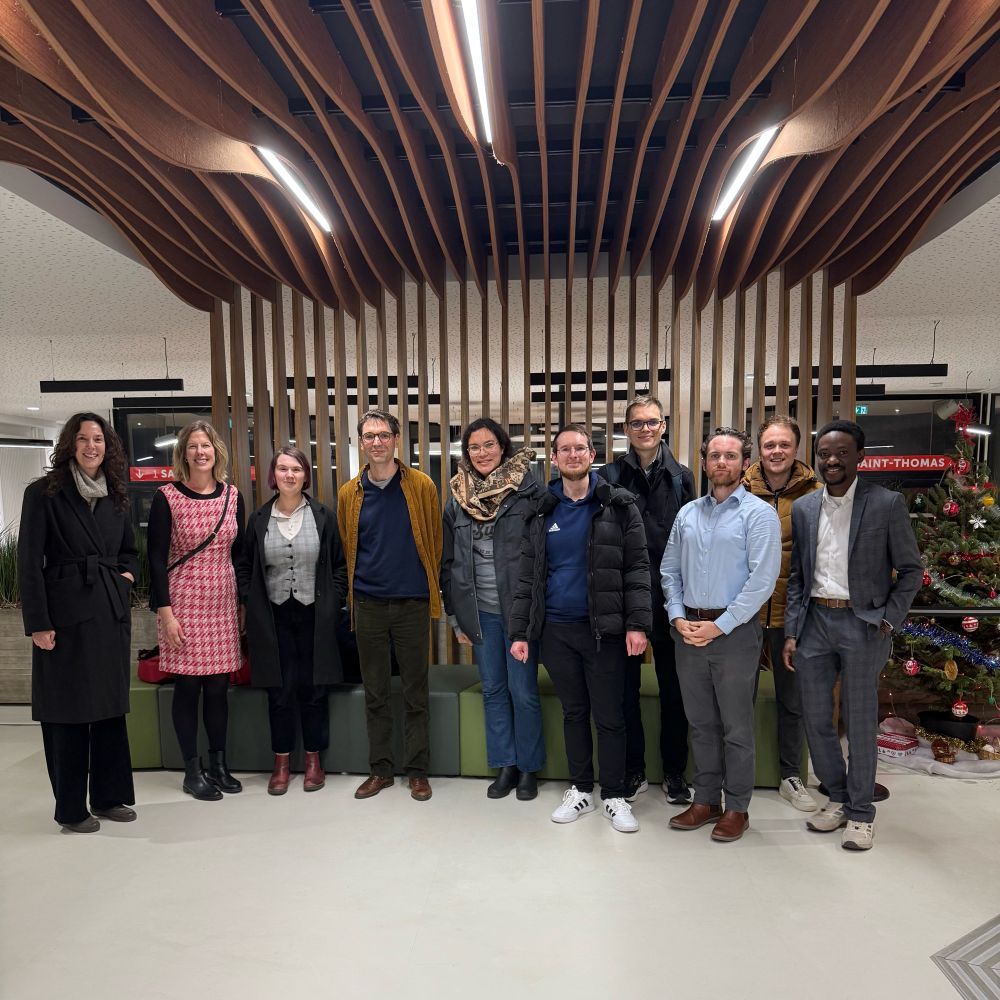
More in our latest article (open access in Computers & Education!): doi.org/10.1016/j.co...
More in our latest article (open access in Computers & Education!): doi.org/10.1016/j.co...
We explore ICT-related career choices using Swiss longitudinal data.
💡 Key findings:
Girls’ choices align with their ICT interest, boys’ with their ICT self-concept. ICT interest does not predict choice of ICT-specialist careers.
🖥️ Implications for gender disparities in tech!
We explore ICT-related career choices using Swiss longitudinal data.
💡 Key findings:
Girls’ choices align with their ICT interest, boys’ with their ICT self-concept. ICT interest does not predict choice of ICT-specialist careers.
🖥️ Implications for gender disparities in tech!

Key finding: No time displacement effects on enrichment, sports, & sleep, but reduction in TV/movie watching.
dx.doi.org/10.48350/199...
Key finding: No time displacement effects on enrichment, sports, & sleep, but reduction in TV/movie watching.
dx.doi.org/10.48350/199...
Der Bericht zeigt erstmalig schweizweite Auswertungen zum Stand der #Digitalisierung in den #Primarschulen
doi.org/10.48350/193898 (Vollversion, Deutsch)
Kurzversionen in FR, IT, EN
Der Bericht zeigt erstmalig schweizweite Auswertungen zum Stand der #Digitalisierung in den #Primarschulen
doi.org/10.48350/193898 (Vollversion, Deutsch)
Kurzversionen in FR, IT, EN



